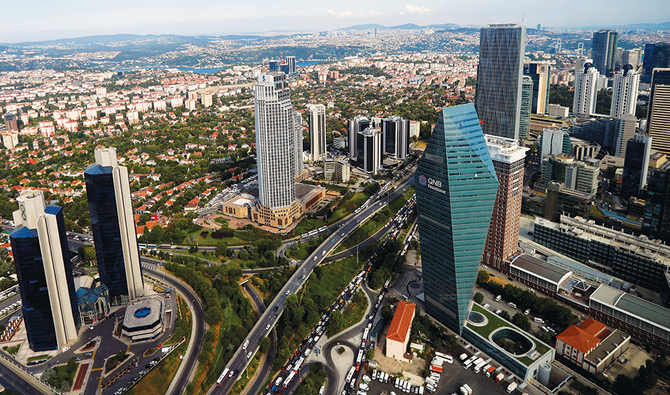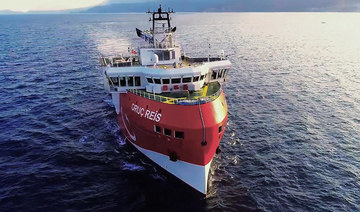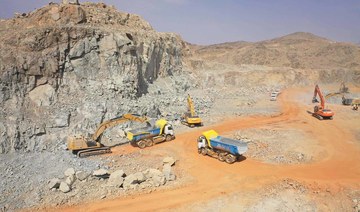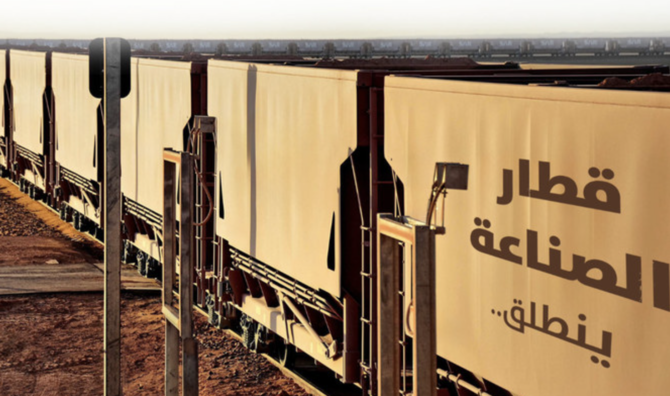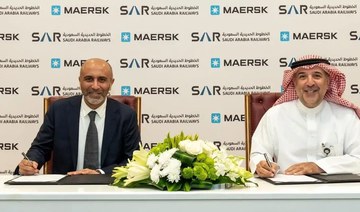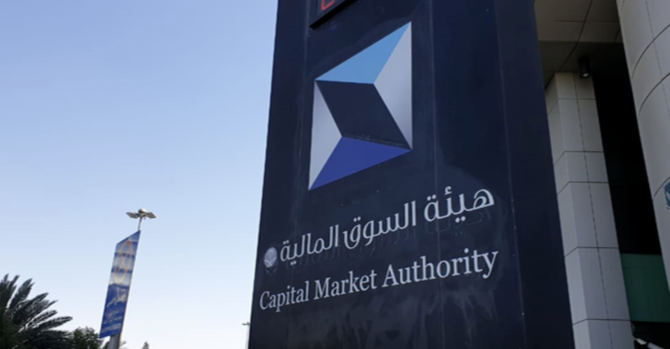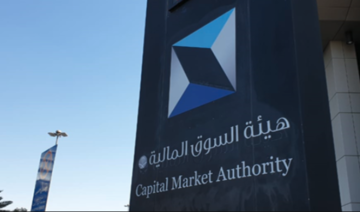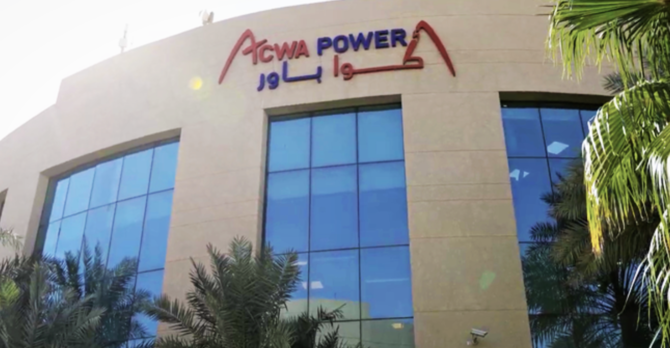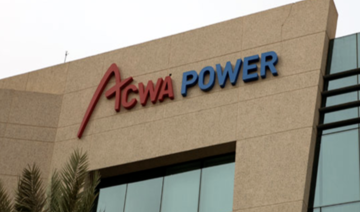ISTANBUL: Debt-laden Turkish companies are seeking more time to repay bank loans after the coronavirus pandemic upended plans to sell assets, according to four sources with direct knowledge of the matter.
Even before the virus hit Turkey in March, firms were seeking lower rates from banks after an aggressive monetary easing campaign and since then, large and small companies are looking for further revisions to nearly all of the restructurings agreed in the past two years, according to one source.
Conglomerate Dogus was among the companies preparing for talks, according to the source, who requested anonymity.
In response to a query from Reuters, Dogus said: “Our regular and usual negotiations with banks are, as always, underway within the framework of good relations.”
Other restructuring talks involving major companies are already happening, the source said.
Businesses in Turkey, as in other parts of the world, have been hit hard by lockdowns aiming to stop the spread of the virus, with the economy shrinking nearly 10 percent in the second quarter.
But Turkish companies were already weakened by a 2018 currency crisis and some, including Dogus, Yildiz and several energy firms, signed billions of dollars worth of restructuring deals.
Asset sales were a key part of some of those restructuring agreements but the impact of the coronavirus crisis has deterred some would-be buyers, the sources said.
Turkish conglomerate and food giant Yildiz last month announced a revision in which it paid off $600 million for its syndication credit and extended the maturity to 2030.
The company declined to comment for this story.
In February, Reuters reported some conglomerates, including Dogus and Yildiz, were in talks for cheaper loans after the central bank cut rates from 24 percent in mid-2019. The policy rate is now 8.25 percent but hikes could be in store given high inflation and a record low lira.
While M&A activity has largely stalled this year, some deals were struck including Zynga’s purchase of Turkish mobile-game maker Peak for $1.8 billion in June.



